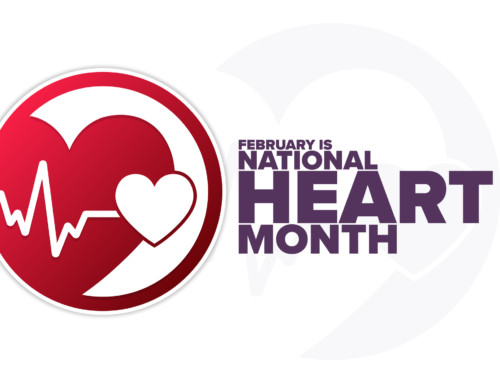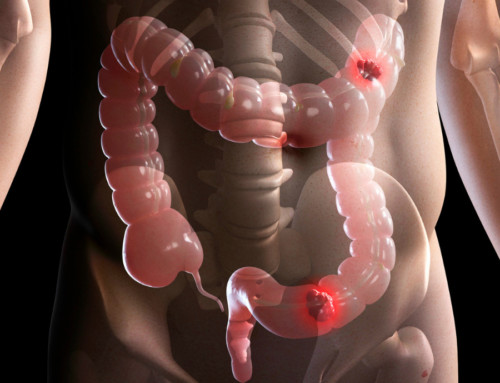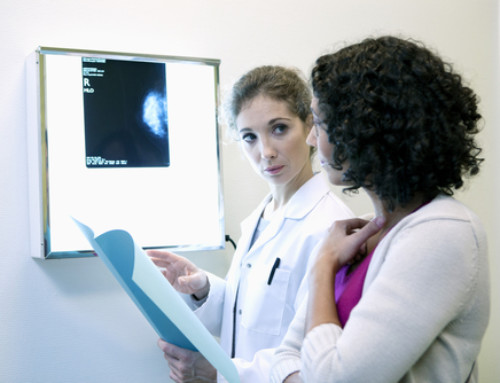Do you know the most prevalent risk factors for developing breast cancer? While some factors related to family history or genetics remain unchangeable throughout a person’s life, you may be able to avoid other environmental factors that can be controlled with simple lifestyle changes.
According to the Cancer Treatment Centers of America, more than 190,000 breast cancer diagnoses are made each year. Having a solid understanding of risk factors for this disease can aid in better prevention and increased awareness about treatment options. It’s also worth pointing out that while having several risk factors may necessitate taking a more proactive approach to prevention, it does not mean that you will inevitably develop breast cancer.
The Genetic Component
Over the past few decades, medical researchers have discovered two specific genes, BRCA-1 and BRCA-2, which can carry inherited mutations that predispose an individual to breast cancer. Although women who carry a mutation in these genes have a 40-85% chance of developing breast cancer, it’s important to note that genetic predisposition only accounts for 5-10% of documented cancer diagnoses. The choice of whether to screen for genetic mutations or not is highly personal, but it may provide insight on prevention and future medical care.
Age is another uncontrollable physical factor, and the risk of developing the disease naturally increases as a woman gets older. According to the Centers for Disease Control and Prevention (CDC), the majority of diagnoses are made in women older than age 50. Additionally, having a “first degree” relative, such as a mother or sister, with breast cancer can approximately double your risk of developing the disease. It’s wise to discuss family history with your doctor to help construct a thorough medical background.
Environmental Risk Factors
There are certain lifestyle factors that can contribute to your overall breast cancer risk. Unlike genetic and physical factors, lifestyle effects can be carefully controlled or mitigated.
Previous Radiation Exposure
If you ever received radiation treatment in the armpit, neck, or chest regions, you may have an increased risk of developing cancerous tissue in the breast. This is particularly the case for women who have received radiation prior to age 30, whether in young adulthood or youth. Take care to inform your doctor of any previous radiation treatment.
Alcohol Consumption
For women looking to lower their breast cancer risk, limiting alcohol consumption may be a smart move. According to the CDC, “a woman’s risk for breast cancer increases with the amount of alcohol she drinks.” Alcoholic beverages should be enjoyed in moderation.
Smoking
Smoking is known to contribute to a variety of diseases and health complications, and it may play a role in the development of breast cancer in premenopausal women. In postmenopausal women, heavy secondhand smoke exposure may present more of a risk than smoking itself.
Oral Contraceptives
The use of oral contraceptive medications and other hormonal birth control options has been shown to slightly increase a woman’s chance of developing breast cancer. The American Cancer Society recommends discussing the risk from hormonal contraceptive options with your physician in order to evaluate other risks that may also be present.
Weight and Exercise
Research shows that women who maintain a regular exercise regimen can potentially lower their risk of developing breast cancer. Avoiding a sedentary lifestyle goes hand-in-hand with maintaining a healthy body weight. Since extra fatty tissue may raise estrogen levels, in turn creating a higher hormonal risk, it’s crucial to stick to a healthy diet for weight maintenance. The risk associated with weight gain or fatty tissue increases after menopause.
Care and Prevention
When it comes to controlling risk factors for breast cancer, diligent care and prevention are critical. Whether you are considered high- or low-risk based on genetic and environmental factors, it’s essential to stay on top of regular screenings and health checks, and to keep in mind that some cancer diagnoses are unpredictable.
If you’d like to schedule a mammogram screening at Tri-City Medical, you can do so here.





